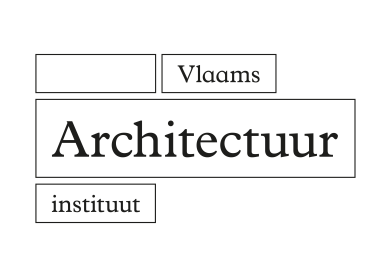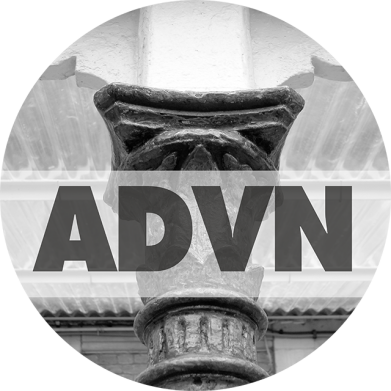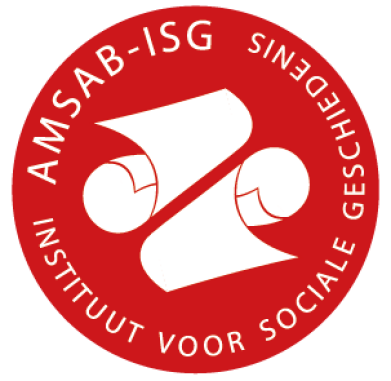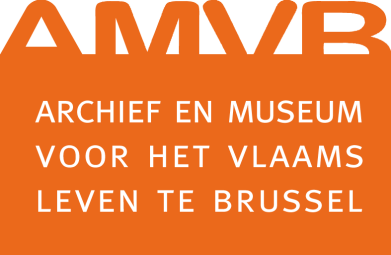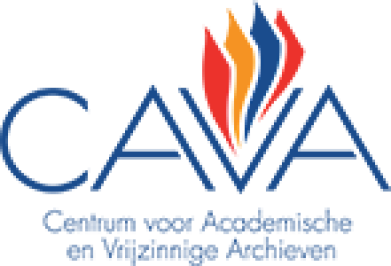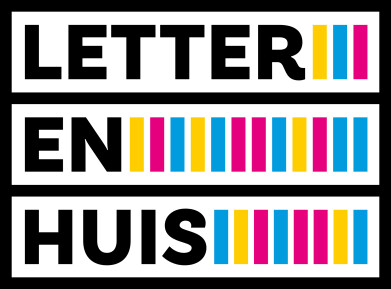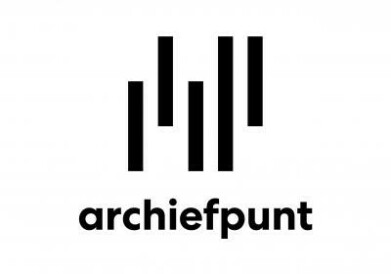Sustainable preservation of digital private law archives with SCALA
Digital private law archives often consist of diverse and poorly organised contents, but current preservation systems are mostly designed for similar collections of digital files. Cultural archive institutions are increasingly acquiring more assorted archives, but don’t yet have the necessary systems and work processes in place to receive (‘ingest’) and preserve them sustainably, or keep them accessible. That’s why we’re developing a prototype system in the SCALA project, to do just this.
Challenge
Digital private law archives: a definition
Private law archives are documents in any form that people or organisations in the private sector create or receive, which are preserved in light of their work or activities. The SCALA project is dealing specifically with digital documents that are saved on CD-ROMs or hard disks, for example by architects, writers, trade unions, volunteer organisations or religious institutions.
What makes the long-term storage of these types of archives so challenging?
Current digital preservation systems assume well-organised archive files, such as we often see in state archives. Private law archives, on the other hand, usually consist of more arbitrary folder structures containing a mix of very diverse digital file formats, such as text documents, video and image files, PowerPoint presentations and compressed graphics files.
This vast amount of content means there’s not enough time to process it in detail immediately when transferring it. The SCALA partners are therefore working on a storage system that saves the digital files securely and manages the risks that can make them inaccessible in the short term. The files are safeguarded until there’s enough time to process the archive contents properly.
The AIDA network combines strengths
Individual archive institutions lack the knowledge, people and resources to face this preservation challenge for digital archives, which is why a number of them decided to join forces in the AIDA network. AIDA (Automatic Ingest Digital Archives, link in Dutch) is an agenda shared by nine institutions. This network of partners is aiming to take concrete steps, in the 2019-2023 policy period, to eliminate the most critical shortcomings for the sustainable long-term preservation of digital collections of private law archives.
In February 2021, resources were allocated to set up a pilot preservation system in the first phase of SCALA which will test the AIDA partners’ shared preservation policy in practice.
Our role
The Flanders Architecture Institute (VAi) is coordinating the SCALA project in which meemoo is a partner alongside ADVN (Archive for National Movements), Amsab (Institute for Social History), AMVB (Archive and Museum for the Flemish Living in Brussels), AVG-Carhif (Archive and Research Centre for Women’s History), CAVA (Centre for Academic and Liberal Archives), Letterenhuis and Archiefbank Vlaanderen. We’re responsible for hosting the pilot preservation system selected in 2021 (RODA) and controlling the configuration and further development of the RODA application. Our role also includes storing the archive containers produced by RODA, and helping to write up the necessary technical and contents specifications. We look at the RODA system in more detail at the bottom of this page.
Approach
How can this assorted collection of digital private law archives be preserved? In this project, we’re looking at what role E-ARK containers can have for the sustainable long-term preservation of assorted, poorly organised digital archives.
What is E-ARK and why did we choose it?
E-ARK stands for European Archival Records and Knowledge Preservation and is a new pan-European standard for packaging information objects for long-term storage, regardless of software, suppliers or archive institutions. It ensures that information objects created today can remain accessible for decades, regardless of whether the institutions or suppliers that originally packaged the object still exist. Want to find out more about this building block for e-archiving from the European Commission? Read more here.
The SCALA pilot preservation system is a tool for creating and managing AIPs (Archival Information Packages) in accordance with E-ARK. We chose E-ARK for the SCALA project because it’s a standard that allows for the management of different versions of a digital archive. We can use these different versions to perform preservation actions one step at a time and keep the archive and preservation history up to date.
Important side note! E-ARK is not an inventory and does not provide access to the archive; it serves as a tool for keeping digital files accessible in the long term. The inventory will be drawn up in the AIDA partners’ archive management systems, from where access to the relevant files in the E-ARK container is then granted.
What is AIDA’s role?
The SCALA pilot preservation system is being tested on meemoo’s infrastructure using the preservation strategy put forward by AIDA. But because AIDA partners ultimately want to be able to make optimal use of the different infrastructure solutions that the Flemish heritage sector has access to, AIDA wants to create a broader collaborative model around the use of E-ARK containers for the preservation of digital archives.
SCALA will involve other infrastructure partners, such as LIAS, DAV and FelixArchief for feedback and expertise regarding our implementation of E-ARK, and we hope this will encourage them to use it.
Phase 1 (01/05/2021 - 30/04/2022)
In the first year of the project, we ran a tender process to select a technical partner, ultimately choosing KEEP SOLUTIONS. Then we installed the basic version of their RODA preservation system on meemoo’s servers. Good to know: RODA supports native E-ARK and KEEP developed some custom features for us.
We also started testing. An initial workshop for data providers took place on 13 October at meemoo, with the second following on 21 October at DE SINGEL in Antwerp. We focused on:
using the ingest tool RODA-in to learn to make E-ARK SIPs (Submission Information Packages);
transferring SIPs to the RODA preservation system;
introducing RODA’s basic features and creating AIPs (Archival Information Packages);
testing plug-ins for extra or adapted features;
ingesting the AIPs in the meemoo archive system.
The testing and development were done in parallel, through continuous feedback. KEEP and a number of project partners took care of the development, with all project partners involved in testing.
The initial phase of SCALA came to an end in the spring of 2022. We presented the project results at a focus day at Letterenhuis in Antwerp on 26 April. You can read a report of the day here.
Phase 2 (01/09/2022 - 31/08/2023)
In the second phase of the project, we focused on conducting a field survey, developing an organisational model and writing a financial plan.
Field survey
What are the needs relating to the preservation of born-digital private law archives in the heritage sector? What role do existing digital repository infrastructures play in meeting these needs? How do these needs relate to the preservation of other types of born-digital archives (such as audiovisual collections or web archiving) and digitised collections? And what strategies are available for utilising existing digital repository infrastructures in the preservation workflow? We investigated these questions and conducted a field survey (in Dutch).
As part of this field survey, we developed the case for the operation of AIDA (Automatic Ingest Digital Archives), paying particular attention to the use of E-ARK as a standard archival container.
Organisational model & financial plan
We also examined the cost implications in this phase, and explored how the AIDA processes can be sustainably managed through a collaborative partnership of various organisations.


